Google Translate provides its users with a genuine value for their everyday linguistic needs. Nevertheless, the very name of this service has become a synonym of some horrible translations, at least in the Arab World. Most professional linguists are fully aware that receiving a feedback from their clients with “This is Google translated”-like phrases is their worst nightmare. The yet unanswered questions are about the reasons that make machine-translation way behind when it comes to Arabic language, and what Google is doing to enhance this service.
All machine-translation engines to date rely on statistical translation, as opposed to semantic translation. In statistical translation, the engine compares the source text to a massive database containing bilingual segments in source and target languages. Based on the comparison results, the engine replies with the most repeated translation in its database. As for Google Translate, it has a competitive edge against its peers in terms of its enormous database, advanced search engine, and online content harvesting technology. Moreover, Google is known for its advanced analytical capabilities when it comes to content. This ensures that Google Translate has a much better chance of returning a reasonably accurate translation compared to other engines. This brings us face to face with the quality issue of the online content in the target language; and it is no secret that Arabic has major quality issues in online content.
As a specialist in Arabic translation and Arabic content in general, I must admit that Google Translate has achieved some quantum leaps in developing its translation quality. Although it has become more efficient over a short span of time, the service is still unable to provide a remotely acceptable final Arabic text. We cannot ask Google to provide a publishable text, but it is still far from offering an output that can undergo post machine-translation editing; a feature that is reasonably effective in Latin and Indo-European languages.
In a speech during the Structured Data Conference, Jeffrey Dean, Google Brain Team Leader explained that his team is striving to deploy Google’s amazing capabilities in artificial intelligence in hopes to improve Translate. This will not transform machine-translation into a semantics-based process, but it will surely add value that surpasses statistical translation.
To date, details on this plan and how it will affect Translate are still scarce. We are awaiting with high anticipation how this will turn up. In the mean tie, we encourage all users to reasonably use this service and its peers, more as a quick tool to grasp on the general meaning of the text, than a substitute for human translation or a benchmarking tool in evaluating it.





